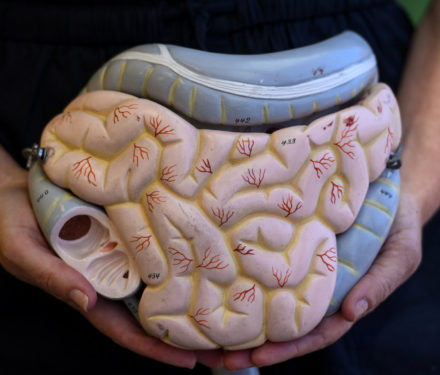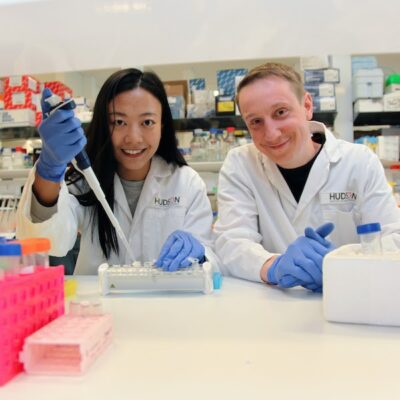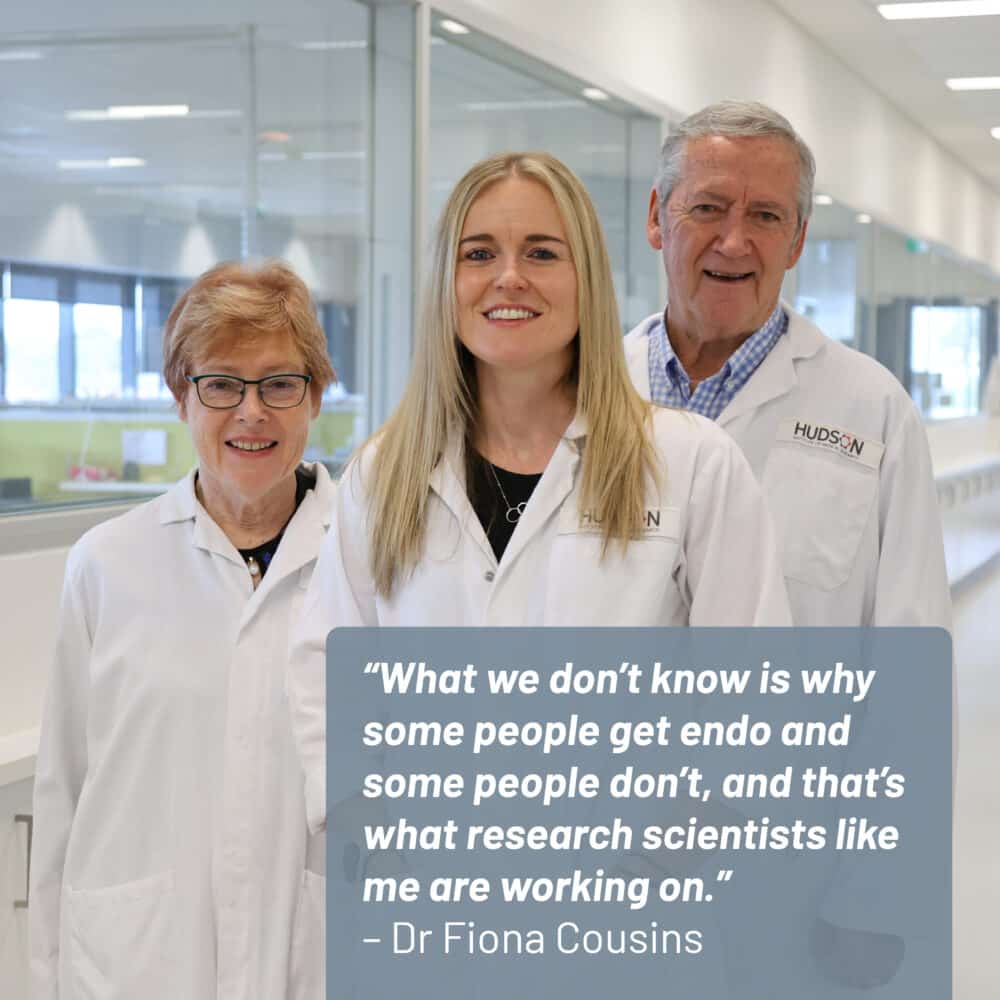$2 million funding for prostate, bowel cancer trial brings personalised medicine a step closer
By Hudson Institute communications
Targeted genetic treatment for cancer is a step closer, with a world-first clinical trial set to test the effectiveness of a new class of drugs called BET inhibitors in treating prostate and colorectal cancer.
A team of clinicians and researchers at Hudson Institute of Medical Research and Monash University has been awarded a $2 million Victorian Cancer Agency grant for the innovative project.
The three-year trial will involve 24 patients with stage four prostate and colorectal cancer, for whom all other forms of treatment have failed.
Prostate and colorectal cancers are two of the most commonly diagnosed cancers in Australia. More than 3000 men die of prostate cancer and over 4100 lives are claimed by colorectal cancer every year in Australia.
The work builds upon the work done by co-lead of the project and head of the Centre for Cancer Research at Hudson Institute of Medical Research, Associate Professor Ron Firestein, while he was at Genentech in the US, in identifying a genetic marker that may explain why only some patients respond to BET inhibitors.
“BET inhibitors are a relatively new class of cancer drugs that target tumour cells at a genetic level by essentially ‘switching off’ the expression of certain cancer genes,” A/Prof Firestein said.
“My group’s research found that patients who express of a particular genetic marker called long-non-coding RNAs may respond best to this type of genetic cancer therapy.”
“Clinical trials of BET inhibitors around the world are showing results that are promising, but ours is the first to target the treatment to patients with a specific genetic marker.”
A/Prof Firestein says the aim of the project is to develop a test that could eventually be used in cancer patients following diagnosis to assess their genetic compatibility with BET inhibitor therapy.
Co-lead, consultant medical oncologist at Monash Health and Monash University Senior Research Fellow, Dr Arun Azad, believes around 50% of prostate and colorectal cancer patients have the RNA biomarker and predicts these patients will respond well to the new class of drug.
“We’re ultimately hoping to increase the range of therapeutic options available to prostate and colorectal cancer patients,” added Dr Azad.
“We need to use these treatment options the smartest way we can and not use the scattergun chemotherapy approach where we give all patients the same treatment, and if 20% respond, that’s great.
“What about the other 80% of patients for whom chemo was never going to work, who suffered unnecessary toxicity, and wasted time, effort and a lot of money?” Dr Azad said.
Dr Azad and Associate Professor Firestein are very optimistic about the potential for epigenetic therapies like BET inhibitors.
“Improving the effectiveness of targeted cancer therapies not only improves survival rates, it also provides more options to patients who invariably develop chemotherapy resistance,” A/Prof Firestein said.
“Personalised cancer care is the Holy Grail—everyone wins but most importantly the patients,” Dr Azad said.
Co-collaborators on this study include Monash University’s Professor Gail Risbridger, Associate Professor Helen Abud, colorectal surgeon Associate Professor Paul McMurrick and Cabrini’s Dr Simon Wilkins.
Contact us
Hudson Institute communications
t: +61 3 8572 2697
e: communications@hudson.org.au
About Hudson Institute
Hudson Institute’ s research programs deliver in five areas of medical need – inflammation, cancer, reproductive health, newborn health, and hormones and health. More
Hudson News
Get the inside view on discoveries and patient stories
“Thank you Hudson Institute researchers. Your work brings such hope to all women with ovarian cancer knowing that potentially women in the future won't have to go through what we have!”







